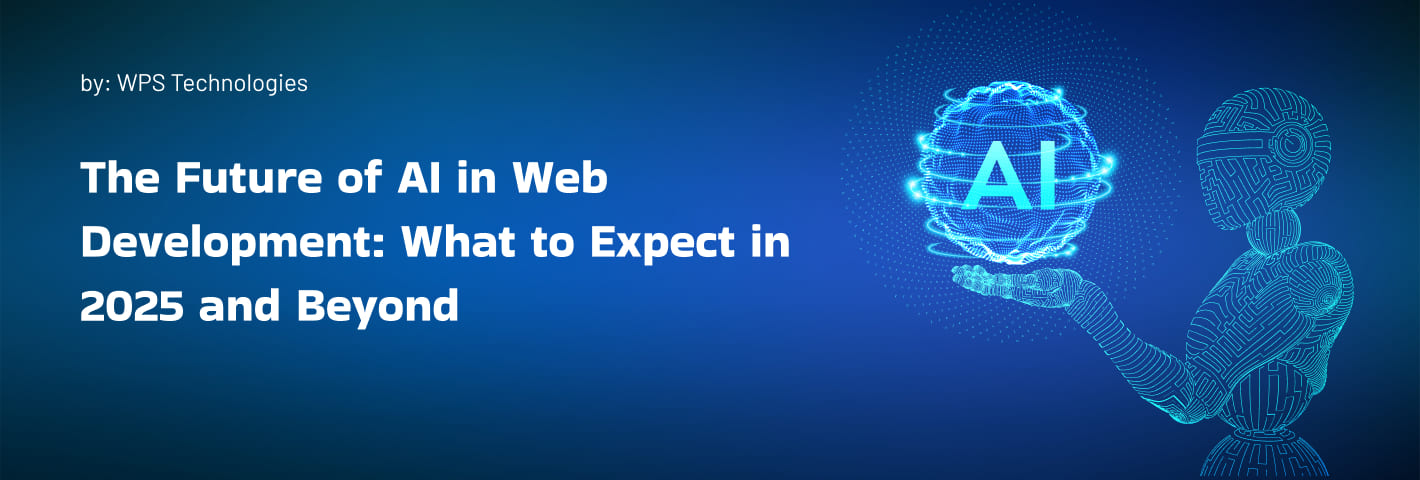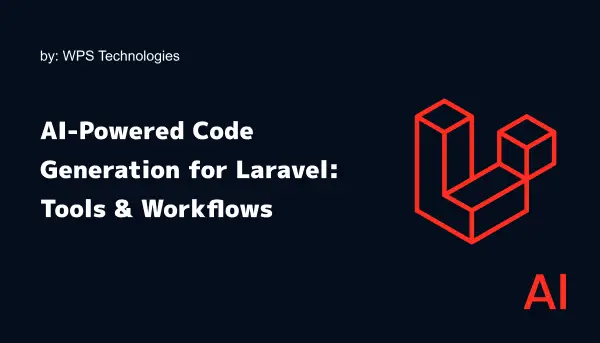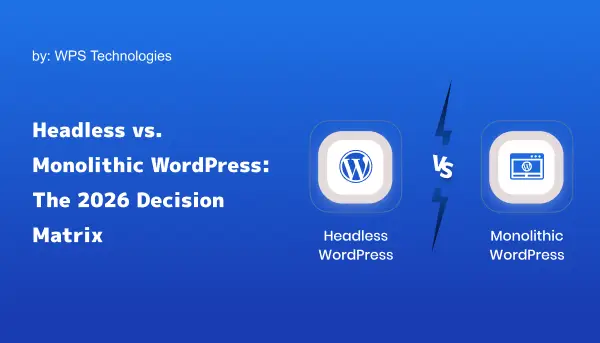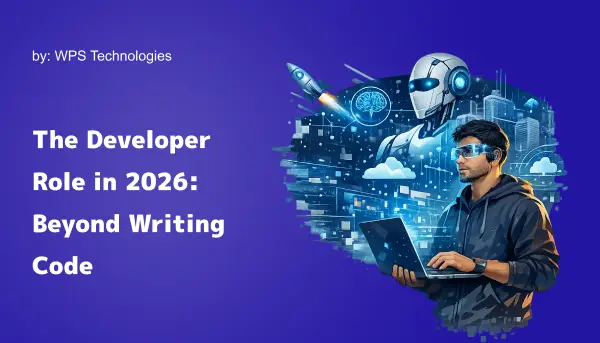
The Future of AI in Web Development: What to Expect in 2025 and Beyond
Artificial Intelligence (AI) is transforming industries at an unprecedented pace, and web development is no exception. As we step into 2025 and beyond, AI is expected to play an even greater role in shaping how websites and applications are built, optimized, and personalized. In this article, we explore the key AI-driven trends that will define the future of web development.
AI-Powered Code Generation and Automation
AI-powered tools like GitHub Copilot and OpenAI’s ChatGPT have already started assisting developers by generating code snippets, detecting bugs, and suggesting optimizations. By 2025, AI will further advance, allowing developers to build complex applications with minimal manual coding. Low-code and no-code platforms will become more sophisticated, making web development accessible to non-programmers while enhancing productivity for professionals.
Personalized User Experiences with AI
Websites will become even smarter by leveraging AI-driven personalization. Machine learning algorithms will analyze user behavior, preferences, and interactions in real-time to deliver customized content, recommendations, and interfaces. Expect websites to automatically adjust layouts, colors, and functionalities based on user preferences, improving engagement and conversion rates.
AI Chatbots and Voice Assistants
AI chatbots and voice assistants will become more conversational and intuitive. With advancements in Natural Language Processing (NLP), AI-driven chatbots will offer real-time customer support, guide users through websites, and even complete transactions seamlessly. Voice search optimization will also be a key focus, as more users rely on virtual assistants like Alexa and Google Assistant to browse the web.
AI in UX/UI Design
AI will revolutionize user interface (UI) and user experience (UX) design by automating design elements, predicting user preferences, and generating visually appealing layouts. AI-driven tools like Figma’s AI features or Adobe Sensei will assist designers in creating intuitive, user-friendly websites with minimal effort. Expect AI to suggest optimal placements, colors, and typography to enhance usability.
Enhanced Security with AI-Powered Threat Detection
Cybersecurity threats are evolving, and AI will play a crucial role in safeguarding websites from potential attacks. AI-powered systems will detect anomalies, prevent data breaches, and mitigate risks in real-time. Automated security audits, bot detection, and fraud prevention mechanisms will become standard features in web development frameworks.
AI-Driven SEO and Content Optimization
Search Engine Optimization (SEO) will be more AI-centric, with AI tools helping websites rank higher on search engines. Google’s AI-driven algorithms will prioritize content relevance, user experience, and semantic search. AI-based tools like SurferSEO and Clearscope will help developers and content creators optimize their content effortlessly by providing keyword insights, readability scores, and topic suggestions.
Progressive Web Apps (PWAs) and AI Integration
Progressive Web Apps (PWAs) will continue to gain traction, offering fast, reliable, and engaging experiences across devices. AI will enhance PWAs by optimizing loading speeds, predicting user behavior, and automating offline functionalities. AI-driven caching mechanisms will ensure seamless browsing, even with slow internet connections.
AI and Augmented Reality (AR) in Web Development
The fusion of AI and AR will redefine interactive web experiences. Businesses will use AI-powered AR to offer virtual try-ons, real-time product visualizations, and immersive e-commerce experiences. AI-driven AR will also enhance educational websites, allowing students to interact with 3D models and simulations.
Conclusion
The future of web development is deeply intertwined with AI, promising greater efficiency, personalization, and security. As AI continues to evolve, developers and businesses must adapt to these technological advancements to stay ahead in the competitive digital landscape. By 2025 and beyond, AI-powered web development will not just be a trend—it will be the new standard.


